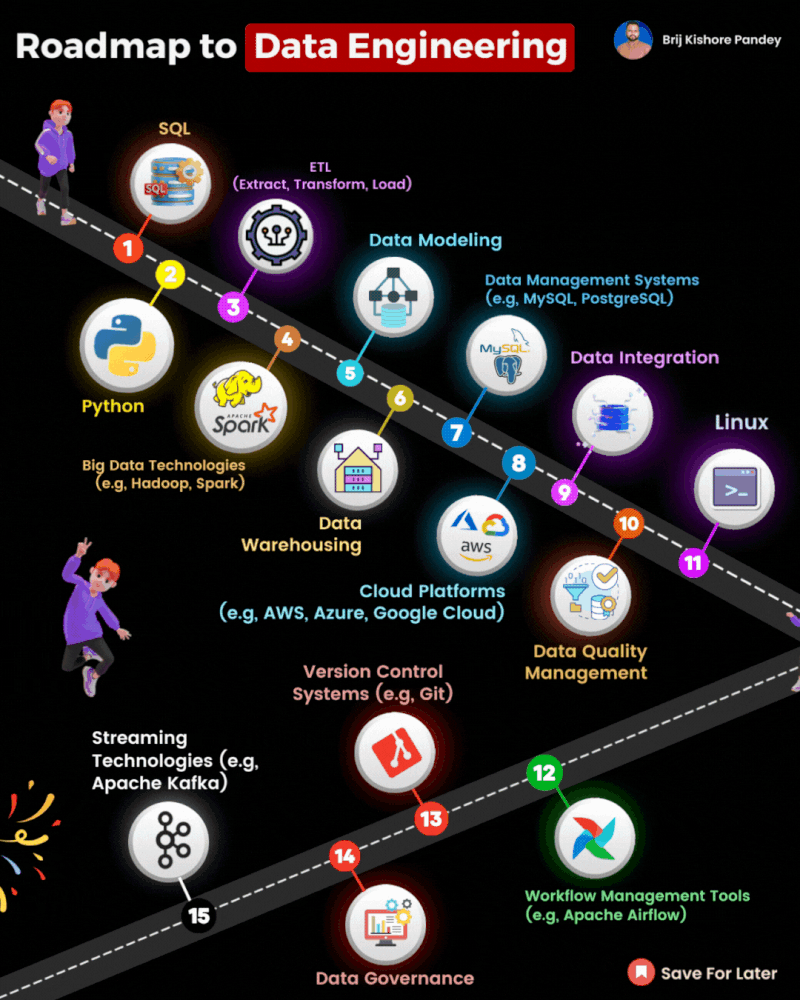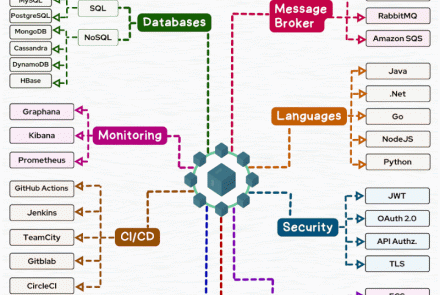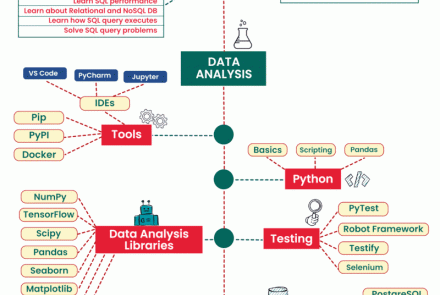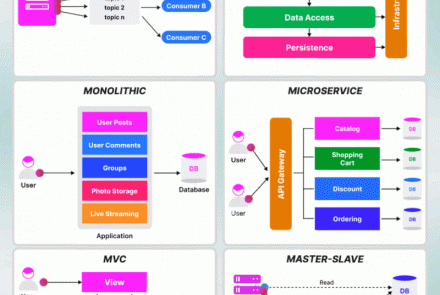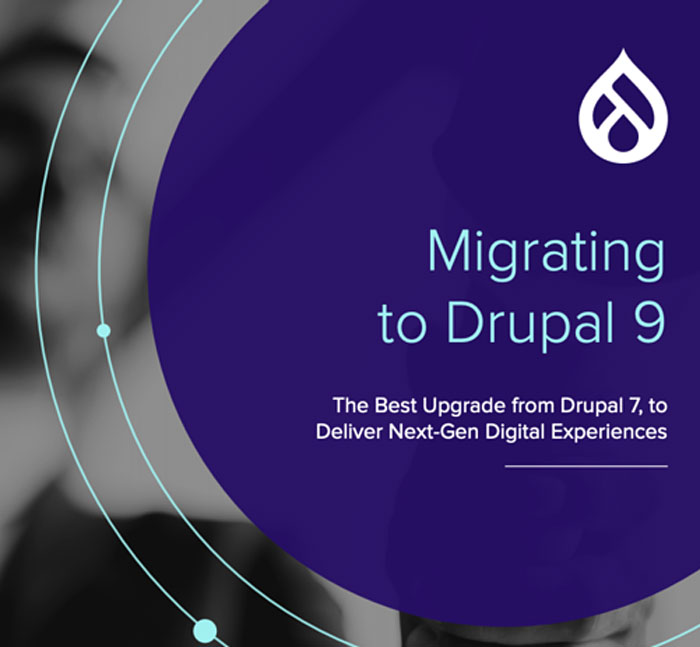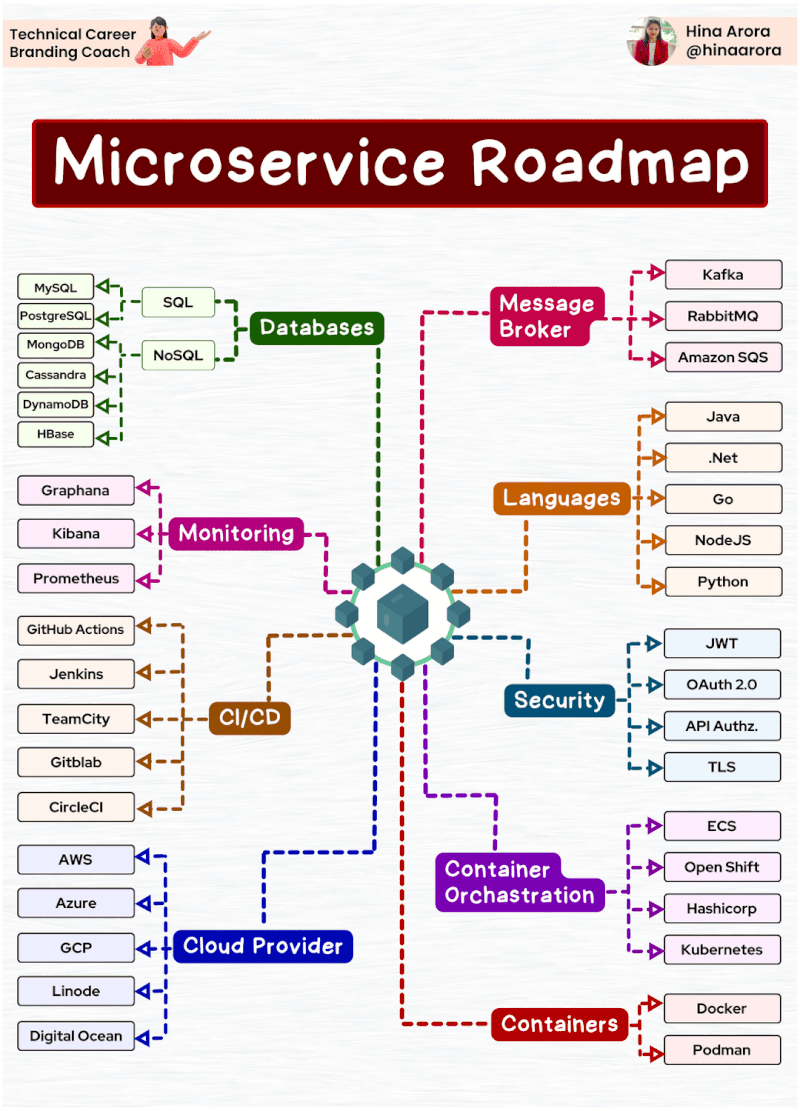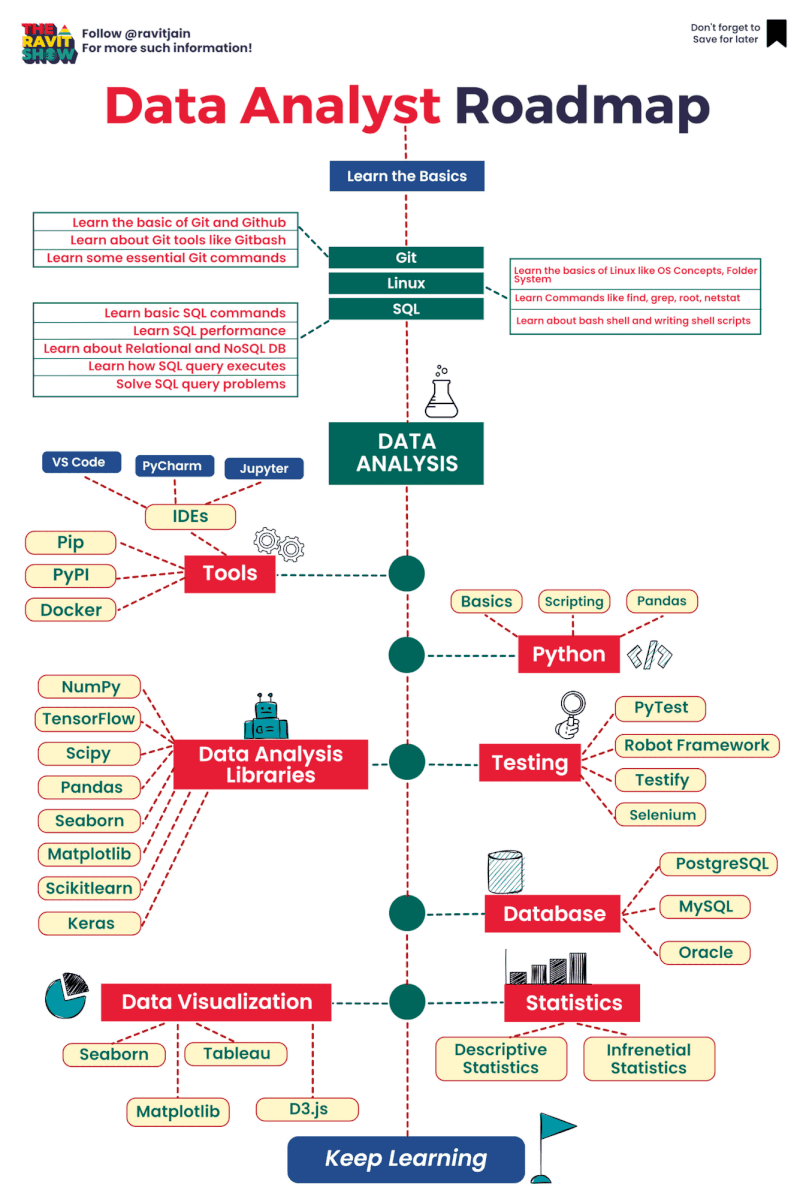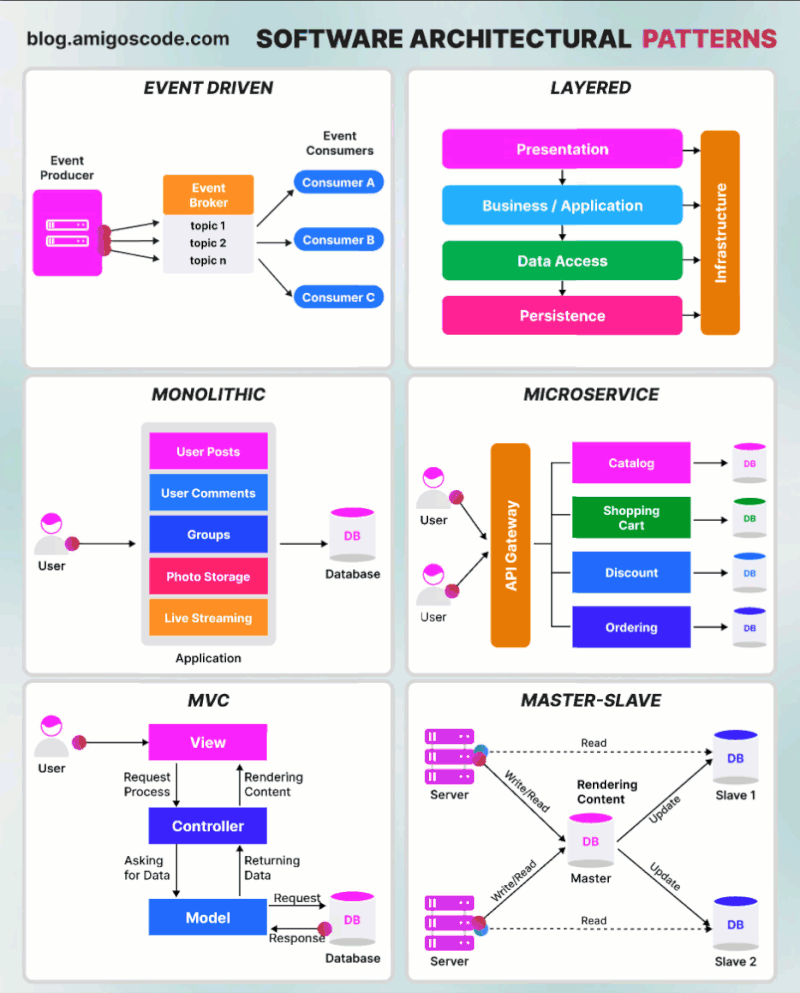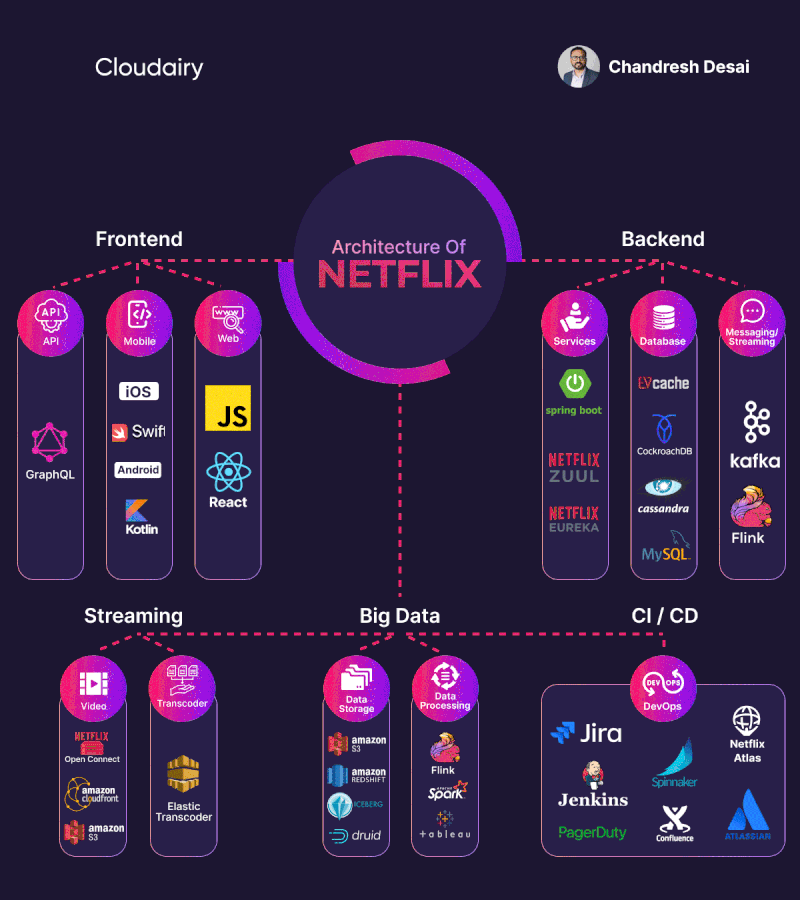Roadmap to become a Data Engineer in 2024
𝗦𝘁𝗲𝗽 𝟭: 𝗕𝘂𝗶𝗹𝗱 𝗮 𝗳𝗼𝘂𝗻𝗱𝗮𝘁𝗶𝗼𝗻 𝗶𝗻 𝗽𝗿𝗼𝗴𝗿𝗮𝗺𝗺𝗶𝗻𝗴
Data engineers need to be proficient in at least one programming language, such as Python, Java, or Scala. These languages are used to develop and maintain data pipelines, build data models, and perform other data engineering tasks.
𝗦𝘁𝗲𝗽 𝟮: 𝗟𝗲𝗮𝗿𝗻 𝗦𝗤𝗟
SQL is the standard language for querying and manipulating data in relational databases. Data engineers need to have a strong understanding of SQL in order to work with data pipelines, data warehouses, and other data storage systems.
𝗦𝘁𝗲𝗽 𝟯: 𝗨𝗻𝗱𝗲𝗿𝘀𝘁𝗮𝗻𝗱 𝗱𝗮𝘁𝗮 𝘄𝗮𝗿𝗲𝗵𝗼𝘂𝘀𝗶𝗻𝗴 𝗮𝗻𝗱 𝗯𝗶𝗴 𝗱𝗮𝘁𝗮 𝘁𝗲𝗰𝗵𝗻𝗼𝗹𝗼𝗴𝗶𝗲𝘀
Data engineers need to have a good understanding of data warehousing and big data technologies in order to build and maintain data pipelines and data warehouses.
𝗦𝘁𝗲𝗽 𝟰: 𝗟𝗲𝗮𝗿𝗻 𝗰𝗹𝗼𝘂𝗱 𝗰𝗼𝗺𝗽𝘂𝘁𝗶𝗻𝗴 𝗽𝗹𝗮𝘁𝗳𝗼𝗿𝗺𝘀
Cloud computing platforms such as Amazon Web Services (AWS), Google Cloud Platform (GCP), and Microsoft Azure are widely used by data engineers to build and manage data pipelines and data warehouses. It is important for data engineers to have a good understanding of how to use these platforms.
𝗦𝘁𝗲𝗽 𝟱: 𝗚𝗮𝗶𝗻 𝗲𝘅𝗽𝗲𝗿𝗶𝗲𝗻𝗰𝗲 𝘄𝗶𝘁𝗵 𝗱𝗮𝘁𝗮 𝗲𝗻𝗴𝗶𝗻𝗲𝗲𝗿𝗶𝗻𝗴 𝘁𝗼𝗼𝗹𝘀
There are a number of data engineering tools that can be used to build and manage data pipelines, data warehouses, and other data engineering tasks. Some popular data engineering tools include:
• Apache Airflow: https://lnkd.in/e-7JUPgQ
• AWS Glue: https://lnkd.in/eVEWRjRi
• Google Cloud Dataflow: https://lnkd.in/e9--s3FS
• Azure Data Factory: https://lnkd.in/ehGryJqw
𝗦𝘁𝗲𝗽 𝟲: 𝗕𝘂𝗶𝗹𝗱 𝗮 𝗽𝗼𝗿𝘁𝗳𝗼𝗹𝗶𝗼 𝗼𝗳 𝗽𝗿𝗼𝗷𝗲𝗰𝘁𝘀
Once you have a good understanding of the fundamental skills and tools required for data engineering, it is important to start building a portfolio of projects. This will help you to demonstrate your skills to potential employers.
You can find many project ideas and tutorials online. You can also contribute to open source data engineering projects.
𝗦𝘁𝗲𝗽 𝟳: 𝗡𝗲𝘁𝘄𝗼𝗿𝗸 𝘄𝗶𝘁𝗵 𝗼𝘁𝗵𝗲𝗿 𝗱𝗮𝘁𝗮 𝗲𝗻𝗴𝗶𝗻𝗲𝗲𝗿𝘀
Networking with other data engineers is a great way to learn about new technologies and trends, and to find job opportunities. You can network with other data engineers online through social media, forums, and meetups. You can also attend data engineering conferences and workshops.

